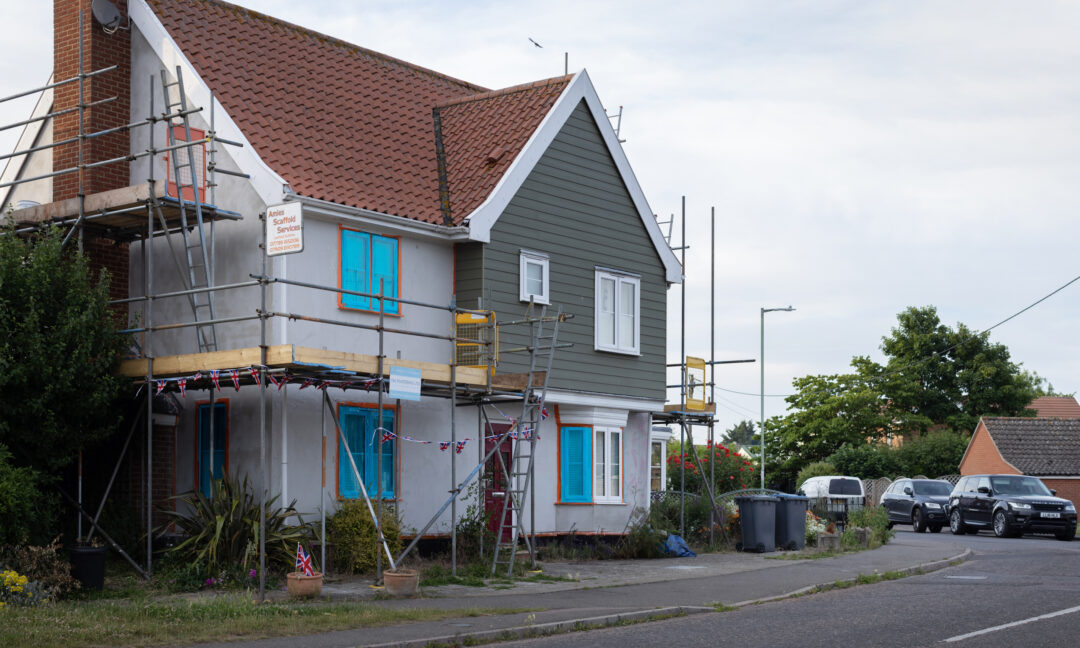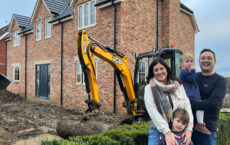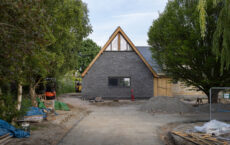Self build television series undoubtedly make for great viewing but they can often paint the projects as an unattainable aspiration, reserved only for the wealthy or those with extensive resources.
Self build is fairly common in countries such as Hungary, France and Sweden, but it has the potential to transform the housing landscape in the UK too. There are undeniably more hurdles in this process than in a standard house purchase, however, being able to design a property that meets your needs both in terms of function and aesthetics is hugely rewarding.
We conducted research across 2,000 UK adults and the results reveal the key goals and aspirations of keen self builders, as well as any challenges they are concerned about facing.
This research found that a third (31%) of people are considering a self build project, so there is clearly an appetite for self build. Out of these, we found that younger demographics, particularly those in their 20s (60%) and 30s (56%), express significantly more interest in self build than those in their 50s (16%) and 60s (7%). This highlights the need to dispel age-related myths surrounding self build and encourage people to explore the self build options available to them.
Self build motivations
In 2020, designing the layout of their own home was the biggest draw for undertaking a self build (51%), and although this remains a prominent factor in 2023 with over a quarter of respondents (28%) citing this as their biggest motivation, it has significantly decreased. Our research found that there is a broader range of factors, including:
- Self building being a more affordable way of creating an ideal home (15%)
- Having a home in the right location (12%)
- To create a home that is suitable for multiple generations under one roof (9%)
Despite recent economic difficulties, the number of people considering a self build has only decreased by 4% from 35% of the population in 2020 to 31% in 2023. However, we did see a larger impact of the current economic environment when it comes to environmental considerations. A majority of respondents (83%) expressed a desire to make eco-friendly decisions about their future property, but 7 in 10 of these would only prioritise this if it was within their budget.
Lack of awareness
Our research found that concern over financing a project was the number one barrier for those interested in self build, with other concerns around seeking planning permission and difficulties in finding suitable land.
Over two-thirds (69%) of potential self builders do not know that many mortgage lenders will allow them to borrow to purchase land where planning permission has been granted. This lack of knowledge can put people off considering self build, as they mistakenly believe they need to be cash-rich or rely on gifted land from family members. By raising awareness about borrowing options, we can empower aspiring self builders and open doors to new opportunities.
Another main concern that was highlighted in our research was difficulties in finding land. Self-build and custom housebuilding registers were designed to facilitate a higher volume of self build homes, but our research found that only 1 in 5 potential self builders are signed up to their local self build register, with 41% of people who are considering a self build having not even heard of them. These Registers need promoting alongside resources that help people understand what a self build entails, as the process can seem daunting without proper knowledge of the support that is available.
While finding these registers can be tricky, NaCSBA has a tool, the Self Build Portal that allows users to input their postcode to bring up their local self build register.
Self build for all
Self build holds incredible potential as an accessible and rewarding path to homeownership. By normalising self build as a viable option for regular people with modest budgets to build good homes, we can reduce the housing shortage in the process and improve the collective carbon footprint of our housing stock.


















